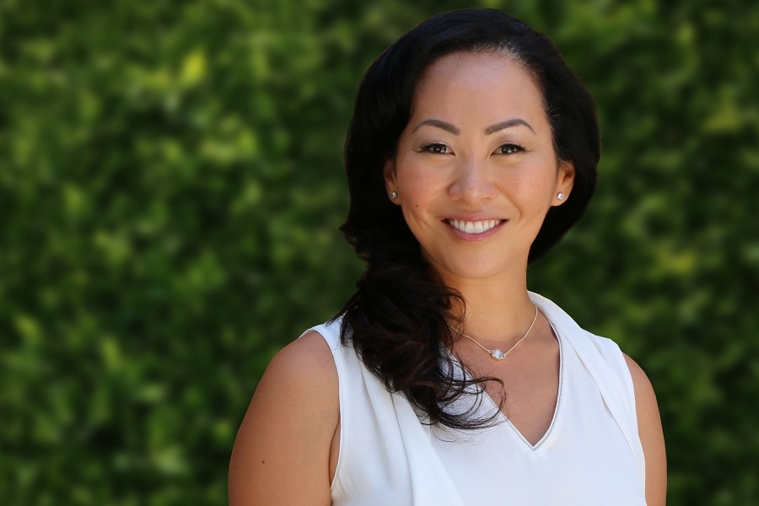
Celebrating International Women’s Day with Dr. Lee Squitieri
Celebrated globally for the first time on March 8, 1975, International Women’s Day invites us to recognize the achievements of women. We interviewed Lee Squitieri, MD, plastic surgeon with Adventist Health White Memorial, to show just one example of the incredible work women are doing in healthcare.
Nearly 90% of all plastic surgery patients are female—yet only 14% of physicians in the American Society of Plastic Surgery are women. Dr. Squitieri is at the frontlines of providing high-quality plastic and reconstructive surgery services. She holds a doctorate in Health Policy and Management and also conducts research at RAND Corporation to improve access to care among underserved patients.
We spoke with Dr. Squitieri to learn more about her practice, her journey to becoming a physician, and what it’s like being a woman in a traditionally male-dominated field of medicine.
Q: What was your journey to becoming a surgeon like?
Becoming a plastic surgeon is a very long training pathway. My pathway was particularly unique because I took a leave from clinical training in the middle of residency to pursue a PhD in Health Policy and Management. During this time, I got married, had my two wonderful children, and became passionate about research regarding health disparities.
Now as a physician, I have the opportunity to be in the community and improve access to care for women who have breast cancer and need reconstruction. I’ve found a significant sense of purpose with Adventist Health White Memorial. I also conduct health disparities research at RAND Corporation. Having the opportunity to be in both roles part-time is very special and rewarding—each role enriches the other and the combination allows me some flexibility to juggle my role as a wife and mother.
Q: How does being a woman in a male-dominated field impact your relationships with your patients?
I think my experience as a woman, a daughter, a wife, and a mother helps me relate to my patients in a unique and special way. Especially among my breast cancer patients, many patients feel more comfortable seeing a female provider. Breast cancer can affect your body image, your sexual health and your quality of life. I find that patients appreciate the level of openness and honesty in our conversations because I am a woman.
Q: What advice do you have for women who want to excel both in their career and have a family?
There’s never a right time or a right way to have a family. I’m married to another surgeon, so balancing both of our schedules can be extremely difficult. On the flip side, we are also able to understand and support each other in unique ways. Don’t be hard on yourself about the inevitable trade-offs that you’ll have to make juggling work and family. Success in work-life balance is a process, not a straightforward path. Sometimes resilience is about having the courage to make necessary trade-offs and create your own path.
It’s crucial to make sure you take time for yourself and find a supportive environment. One of the things I love about Adventist Health White Memorial is how supportive my coworkers and colleagues are of each other. And of course, I could not do any of this without the tremendous love and support of my husband and family.
Q: As you think about the future of your career, what are you looking forward to?
I’m really excited about the expansion of telehealth and technology in medicine. One of my roles is serving as the program director of telehealth and health equity at Adventist Health White Memorial. I’m hopeful that we can see telemedicine implemented in such a way that it can reduce some of the disparities in healthcare that have existed for so long. A lot of the research I do is in analyzing large data to inform technology development. I think we have the possibility with telehealth to reduce language barriers, improve communication and improve access to care in rural health areas.
Q: What advice would you give women training to become physicians?
The field of medicine is rapidly evolving and incredibly rewarding. As we strive to better understand social determinants of health, as well as the unique stresses that fall on women and working mothers, your insight is essential. At least half our patients are women—it’s important for female patients to have female providers that they can relate to.
You may not follow a traditional path, but that doesn’t mean it can’t be done, and it doesn’t mean your path is any lesser than someone else’s. We all go to medical school to help people—keep your focus on that mission.



